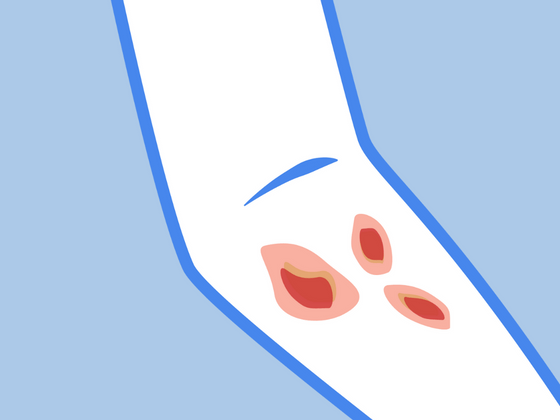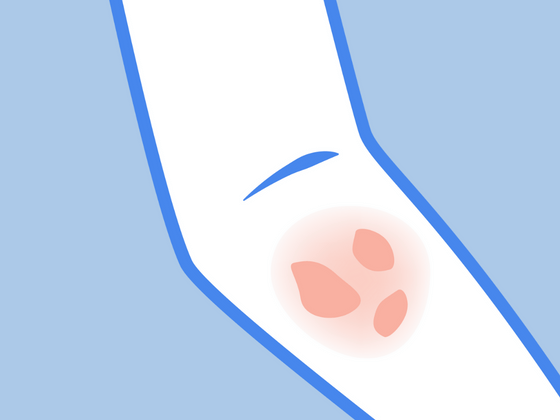Eczema is a common and often frustrating skin condition that leads to dry, itchy, and inflamed patches. While there are many treatments out there, many of us are looking for natural solutions to manage our symptoms. One of those solutions is pantothenic acid, also known as vitamin B5. Research shows that this essential nutrient can help with skin health and eczema symptoms.
In this post, we’ll cover:
-
Why pantothenic acid is important for skin
-
How it can help with eczema
-
How to increase your pantothenic acid intake
Keep reading to find out how pantothenic acid can help with eczema and lead to healthier skin.
Why Pantothenic Acid
Pantothenic acid is important for healthy skin as it’s involved in the body’s metabolism of carbohydrates, proteins and fats. This water soluble vitamin is also involved in the synthesis of coenzyme A which is important for many biochemical reactions, including those that promote wound healing and skin hydration. When the body has enough pantothenic acid, it can improve skin hydration and enhance the skin’s ability to heal from injuries and inflammation.
Pantothenic Acid and Eczema Symptoms
Eczema can manifest in many forms, including contact dermatitis and childhood atopic dermatitis. Research shows that pantothenic acid can help manage symptoms while a deficiency in this vitamin can lead to compromised skin barrier function, resulting in dry skin and increased risk of skin disorders.
Skin Barrier Repair
The skin barrier is the first line of defence against environmental irritants and pathogens. As such, a compromised barrier can lead to dry skin and worsen eczema symptoms. Pantothenic acid has been shown to repair the skin barrier and improve epidermal barrier function. By supporting the skin’s natural defence mechanisms, pantothenic acid can prevent flare ups and maintain skin hydration.
Hydration and Skin Health
Hydration is key to healthy skin. Pantothenic acid can improve stratum corneum hydration which is the outermost layer of the skin. Studies have shown that topically applied dexpanthenol (the alcohol form of pantothenic acid) can increase moisture retention in the skin and provide a soothing effect for dry skin caused by eczema.
Accelerated Wound Healing
Eczema sufferers often get skin lesions that can be painful and uncomfortable. As pantothenic acid is associated with wound healing, it’s an essential component for those with chronic skin conditions. In fact, clinical studies show it can promote skin repair by increasing cellular proliferation and differentiation.
How to Incorporate Pantothenic Acid Into Your Routine
To reap the benefits of pantothenic acid for eczema management, consider these dietary and topical options:
Food Sources
Many foods are rich in pantothenic acid including whole grains, legumes, eggs, avocados and mushrooms. Eating a varied and balanced diet can help maintain adequate levels of this vitamin for overall skin health.
Topical Applications
Topical panthenol containing eczema cream or emollients can directly benefit the skin. These products are designed to improve skin hydration and provide a barrier function making them great for sensitive skin or those who get eczema flare ups. When shopping for skincare, look for products that have dexpanthenol as an active ingredient to soothe irritated skin.
Supplementation
For individuals who may struggle to meet their daily requirements through diet alone, pantothenic acid supplements are available. However, it’s essential to consult a healthcare professional before starting any new supplement regimen to ensure safety and effectiveness.
Manage Your Eczema Effectively
Taking the time to understand the role of pantothenic acid for eczema can make a big difference to your skin. Remember, a holistic approach to skincare, including diet and the right products, can lead to a more comfortable and healthier skin.








